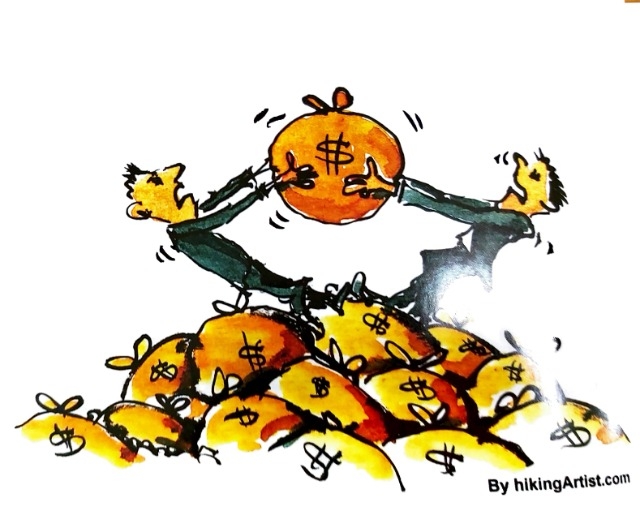
Recently, Samsung has caused a debate regarding its domestic cellular phone warranty period. Despite selling the same product abroad, the warranty period in Korea is a year when in fact in overseas countries like as U.S. and U.K, it is two years. In other words, Koreans are getting poorer service despite the fact that Samsung phones are a domestic product. Likewise, research shows we are also being overcharged for products. These business practices are misleading and unfair. We call this Hogaengnim. It is a compound word using Hogu(pushover) and Gogaek(customer). Hogaengnim is a person who is naive and easily persuaded.
The reason why we’re treated as Hogaengnim is two- fold. First, there are external reasons, this stems from differences between the U.S. market and the Korean market. The U.S. market is the biggest in the world and the U.S. has about 6.2 times more people than Korea and its GDP is the largest in the world. Consequently, many companies compete with each other to meet the demand for products. This competitive U.S. market is the reason why prices are cheaper than in Korea.
When examining the internal causes, there is what’s called the Veblen effect. It means that the value of a luxury objects is in direct proportion to their cost. People want to show off how they have a lot of money and purchasing power. For example, what is the reason why brand-name products are so expensive? It’s because the price has been decided by the value of the brand-name. These products are not necessarily a necessity and are purchased more so for exhibitionist reasons. In Korea’s capitalistic economy, social status is of the utmost importance. Class level is important and the person, who falls behind in this kind of society is viewed as inferior. Many try to alleviate these feelings of inferiority by buying expensive products. Hogaengnim is therefore preyed upon by many domestic companies. There is a major difference between distribution nets in the U.S. and Korea, and this leads to the Veblen effect. This is amplified by a lack of information from of suppliers and a lack of consumer research by Korean consumers.
Further investigations revealed that the Ministry of Science ICT and Future Planning, and the Korean Communications Commission implemented the Mobile Device Distribution Improvement Act to fix excessive competition among device makers and network operators. With their cellular phone subsidy scale of support changes, consumers bear the burden regarding cellular phone price and communication expense. Verizon, a mobile-phone carrier in America, subsidizes consumers regardless of rate plan. With SK telecom, a mobile-phone carrier in Korea, they subsidize only when consumers subscribe to a high-cost rate plan. Furthermore, domestic factory prices and overseas prices are very different. As a result, in the wake of these deceiving business practices, consumer awareness is getting higher. Consumers are becoming aware of the fact that consumer distribution prices for domestic products consists of manufacturing, advertising, selling and operating expenses, While that of overseas direct purchasing products only consists of manufacturing expenses and tariffs.
Various products are produced to meet the demand of consumers, and Hogaengnim is increasing. With this problem, consumers substitute cheap overseas product for expensive domestic products even though the product’s quality is the same. However, this practice has limitations, and that is consumer education and research. Before buying a product, consumers have to research the quality, function and price of the product and decide whether it has a reasonable price and isn’t misleading. Also, domestic companies have to make an effort to improve transparency and make a great-quality products with a reasonable price. At last, when government requires a company to have transparency and implements fair practice laws, then maybe this will encourage consumers to use domestic products and in the end will contribute to the economic growth of Korea.